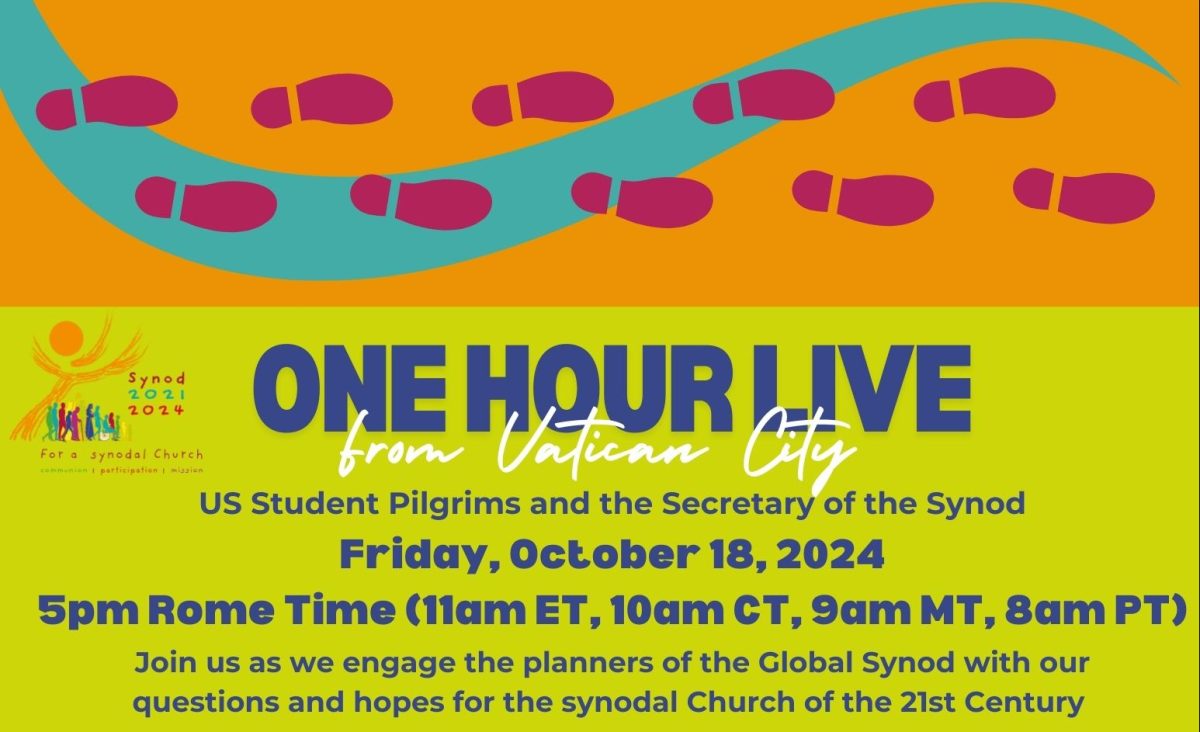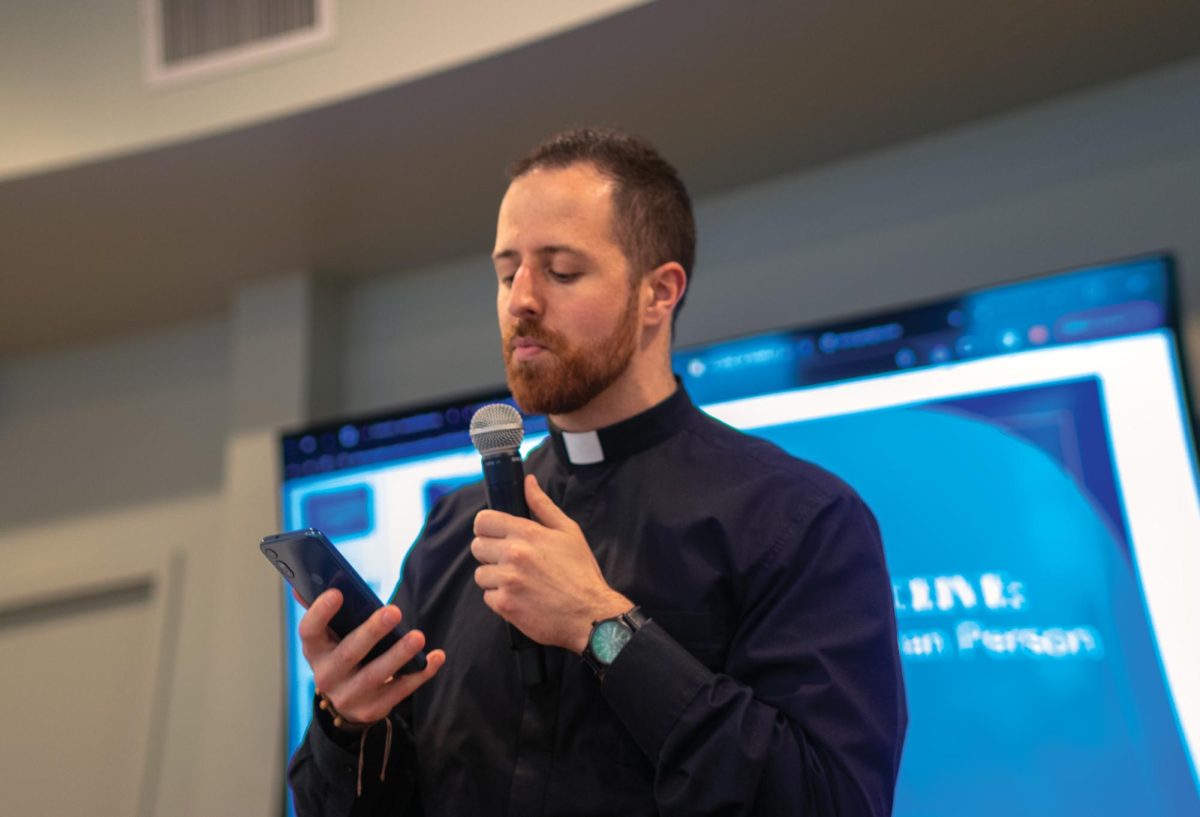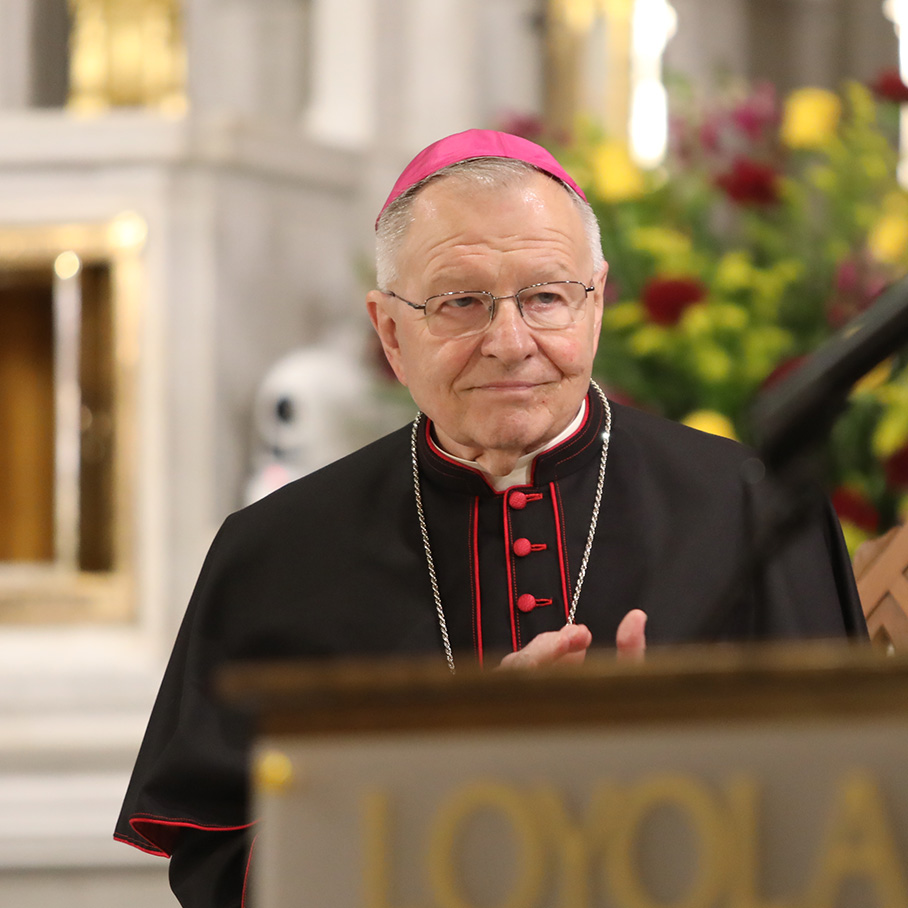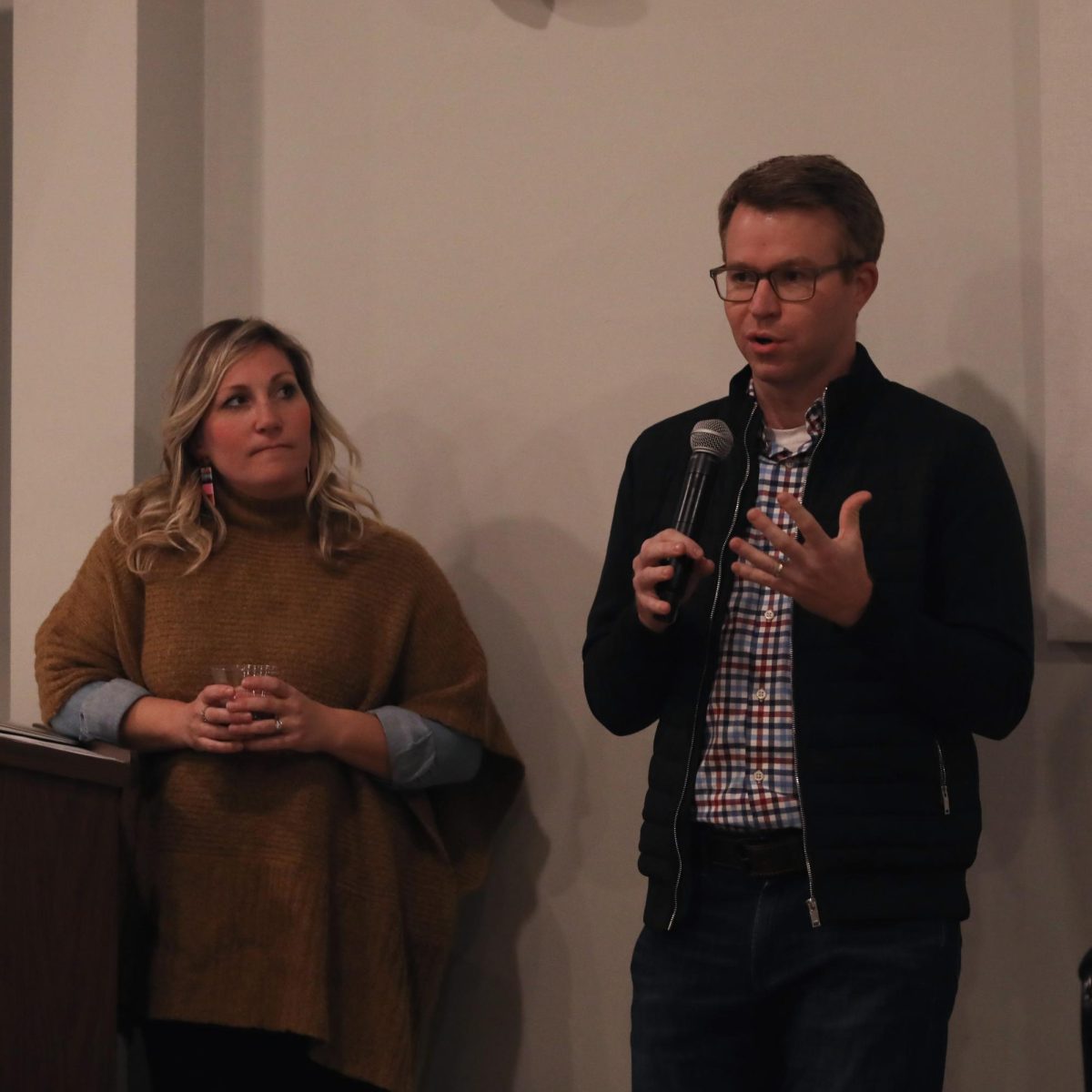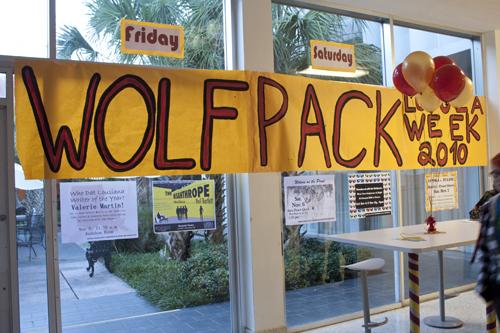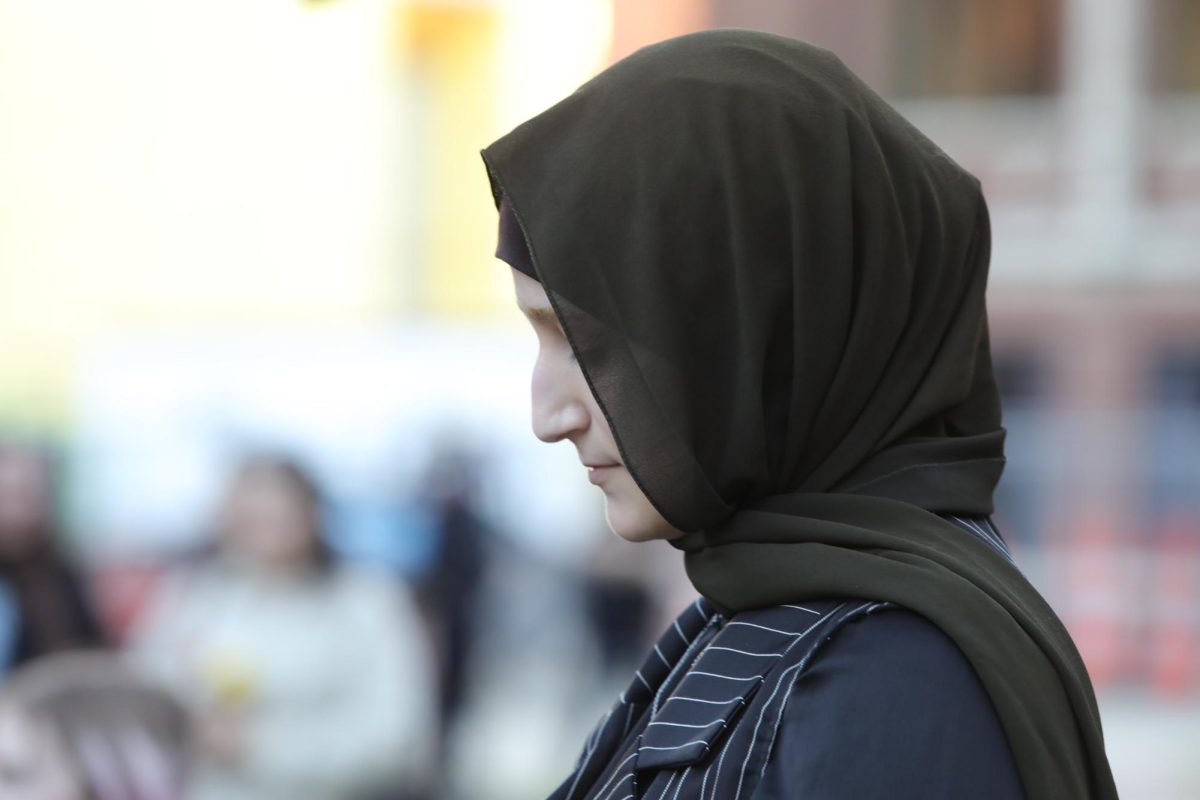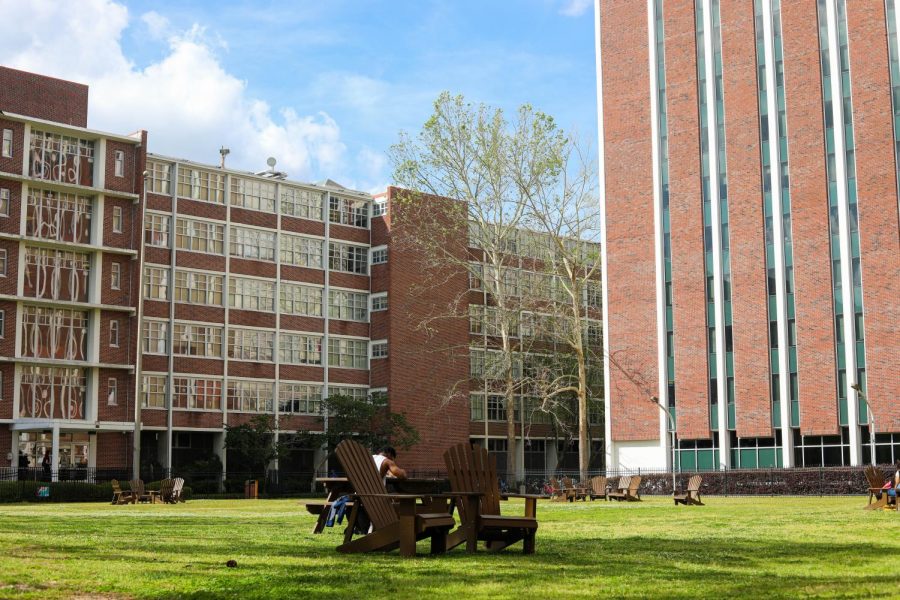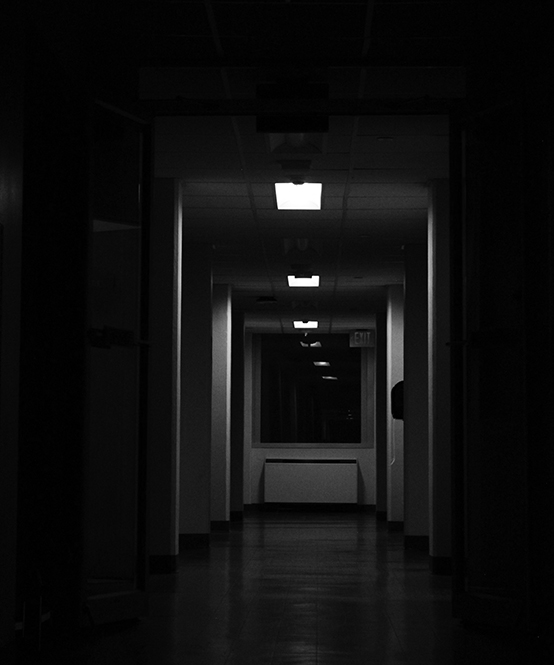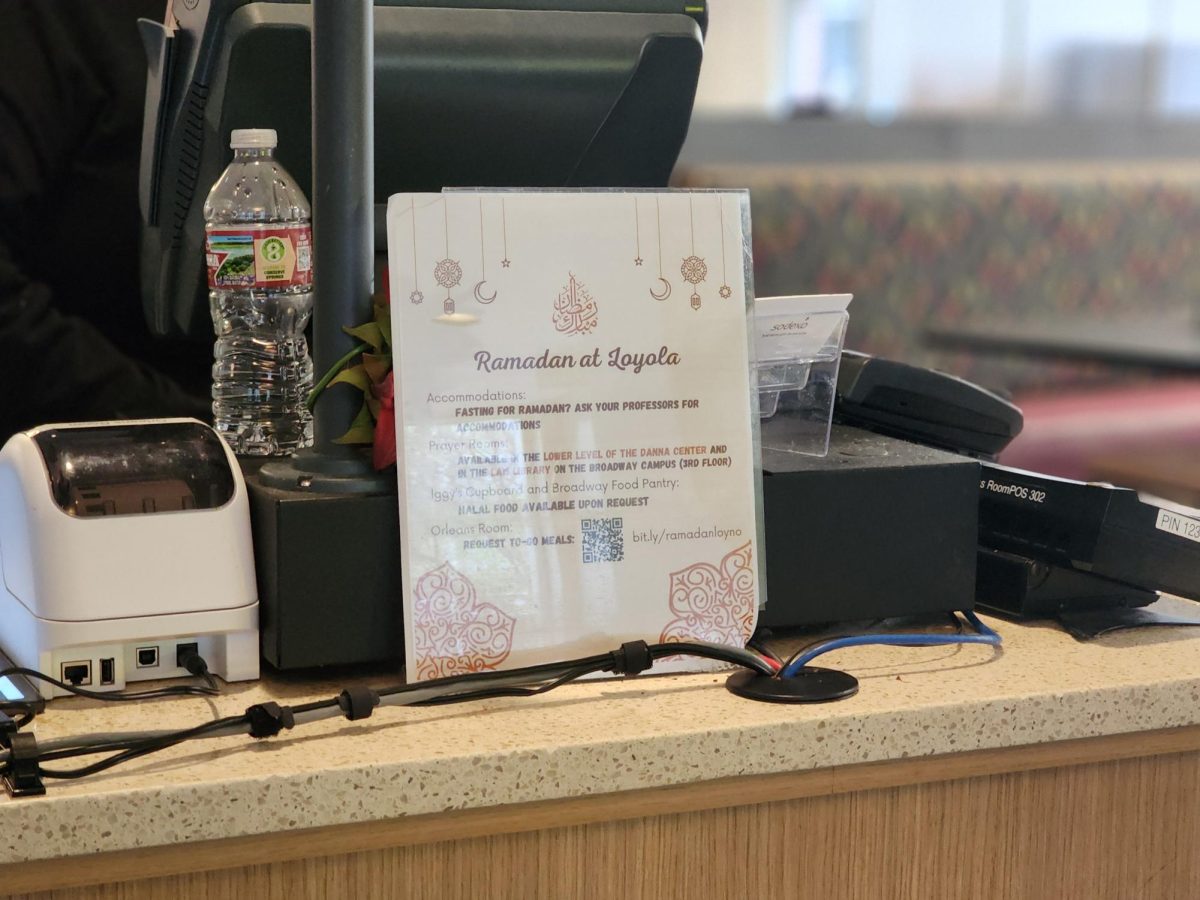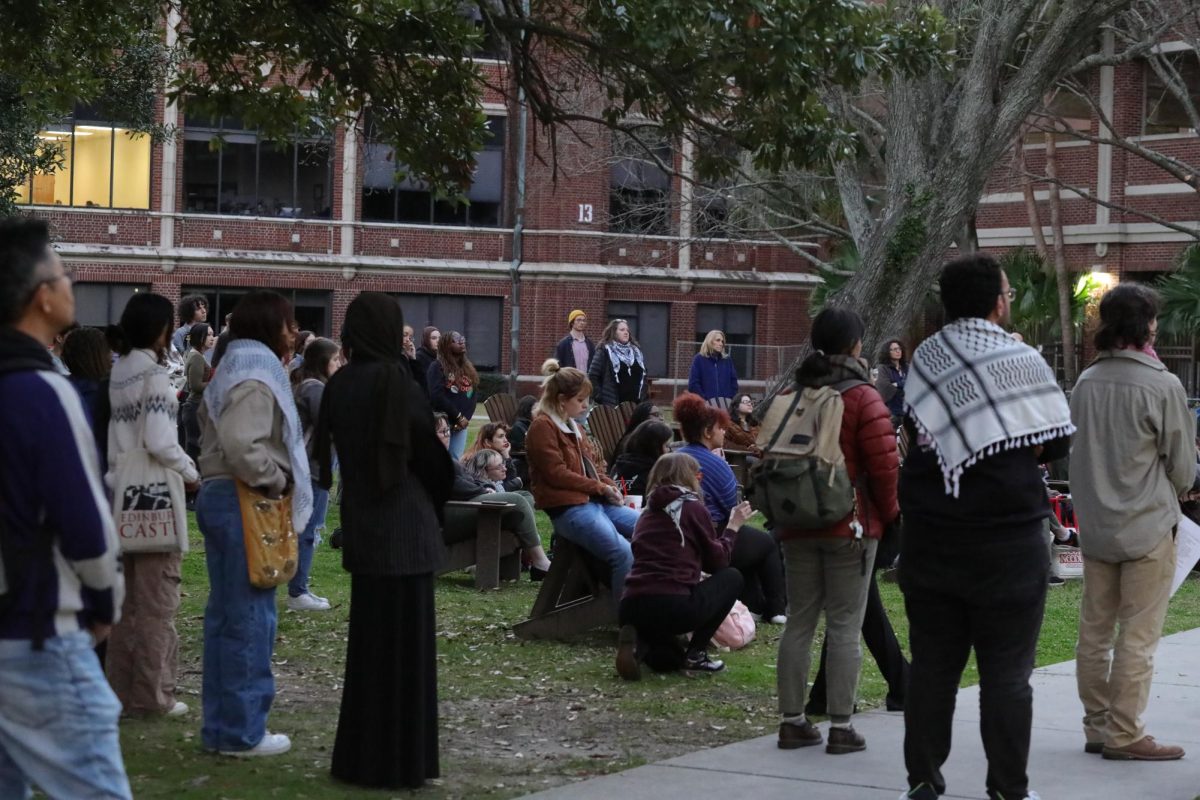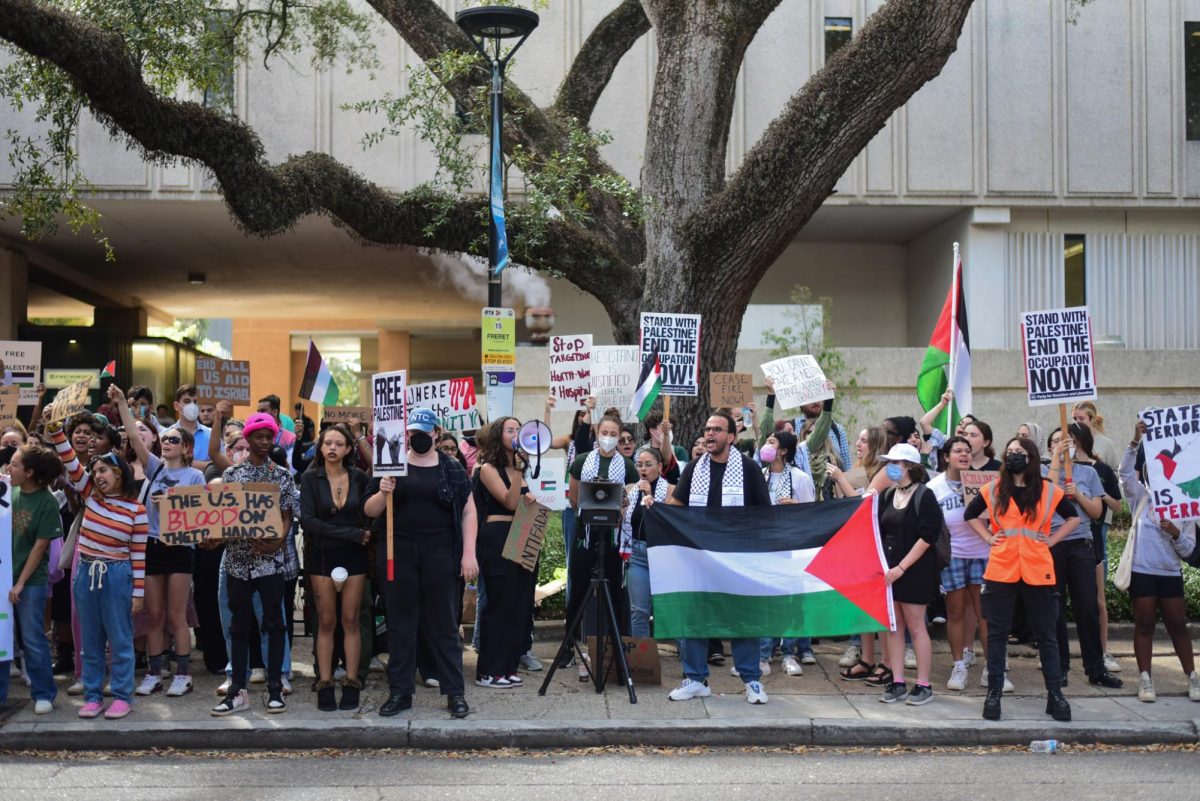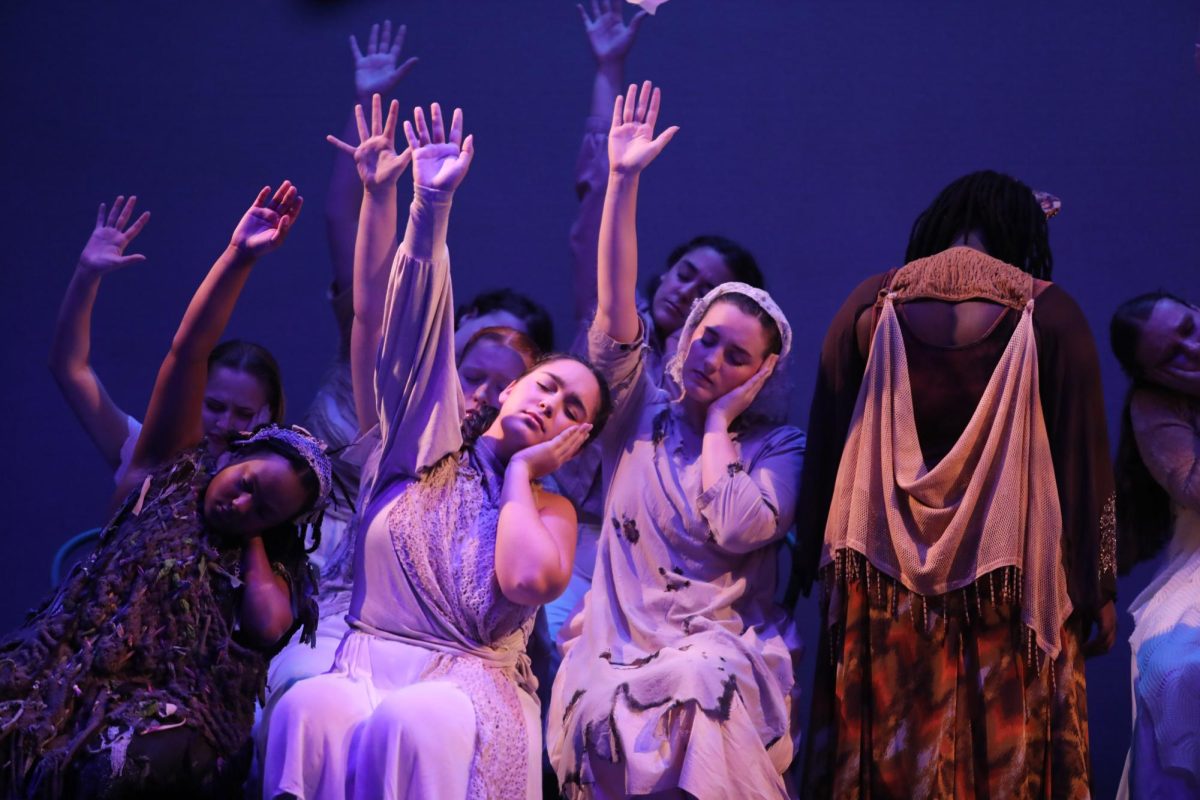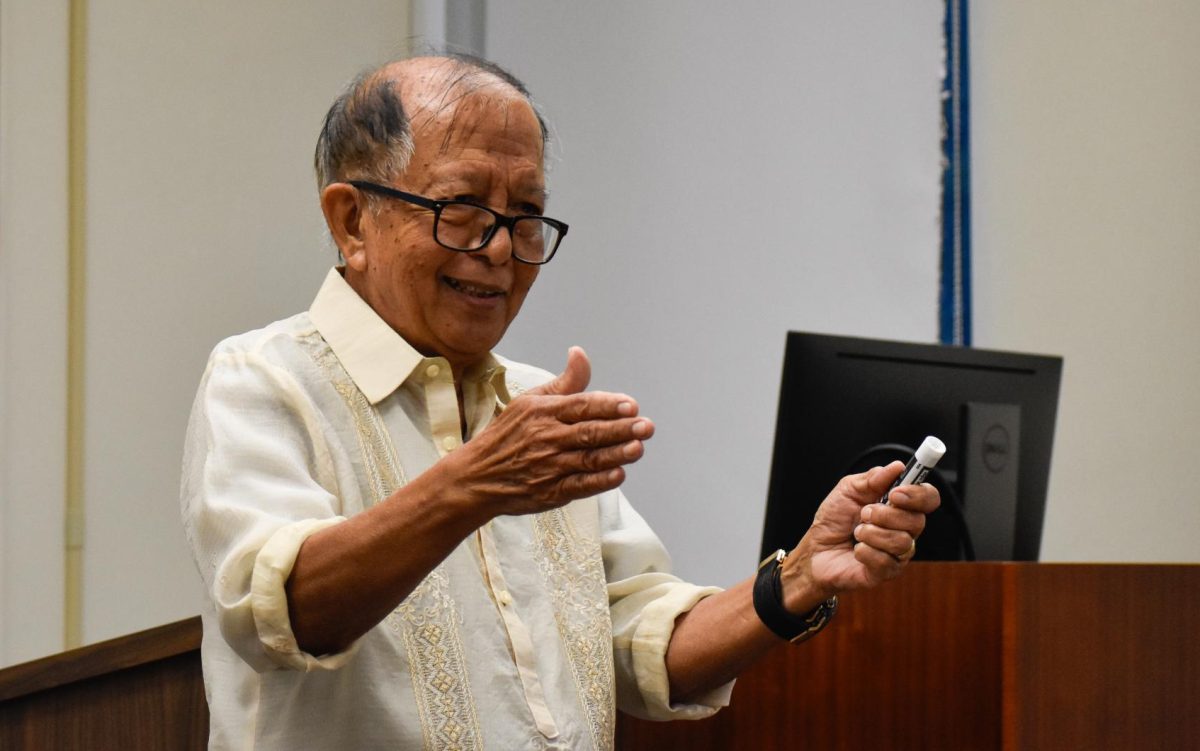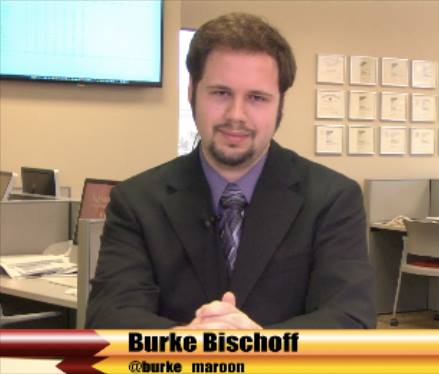University president, the Rev. Kevin Wildes, S.J., sent an email to the Loyola community explaining that he decided to have the university join Archbishop Gregory Aymond and the Archdiocese of New Orleans’ campaign against lethal violence in the city. Wildes said in the email that the university would post the campaign’s “Thou Shalt Not Kill” yard signs on both of Loyola’s campuses and that the university hosted a daylong seminar that focused on finding solutions to fight violence. He also said that since Loyola is part of the greater New Orleans community, the university should help to maintain peace and civility in a city filled with violence. “I think the issue of violence in the city is an important quality of life issue for the whole city,” Wildes said in an email. “I also think that it is a com unity problem not just a problem for the police and the [district attorney], so I was happy to join with the Archdiocese on this.”
Dr. Kenneth Keulman, professor for the Religious Studies department, said that violent crime is typically a result of a type of breakdown of civil society in this country and that the remnants of a social cohesive society has been seriously damaged because of this violence. He also said that any who values life is obligated to stand for life against death.
“It mirrors the university’s stated values,” Keulman said in an email. “And there are grounds for this, since the university is committed to educating individuals who are competent to envision major innovation to confront society’s major challenges. Violence is obviously one of the most pressing realities that we face.”
Sr. Elizabeth Willems, assistant professor for the Religious Studies Department, said that she believes it is an obligation for us as citizens of the community to make the city safer for all.
She also said that having Wildes endorse the archdiocese’s plan to counter violence should not hurt the university and hopefully make more people aware of what they can do to stop violence.
“We at Loyola University are part of a larger community of city and church,” Willems said in an email. “When we are offered the opportunity to work as community members for the good of all, it is an obligation.”
Alex Mikulich, research fellow for the Jesuit Social Research Institute, said that he believes Wildes had the local community in mind when he made his decision to have Loyola stand up against violence. He said that Wildes is reminding us that the Loyola community has a commitment to care for the lives of other people.
“The President clearly affirms the responsibility of citizens to care for the life and dignity of all people in our city,” Mikulich said in an email. “He also rightfully affirms the duty of people of faith and citizens alike to protect human life and promote the common good.”
Wildes said in the email sent out to the university that he hopes that the entire community will recognize the importance of this issue and will come together to address it so that the city can become better place to live.
“If we are to successfully build a civil society here in New Orleans, we need to be clear that we are a people of peace and we do not accept or want violence in our neighborhoods,” Wildes said in the university email. “That’s why Loyola University serves as a source for creative solutions to combat the city’s crime rates and to make our community a safer place.”
Burke Bischoff can be reached at [email protected]


